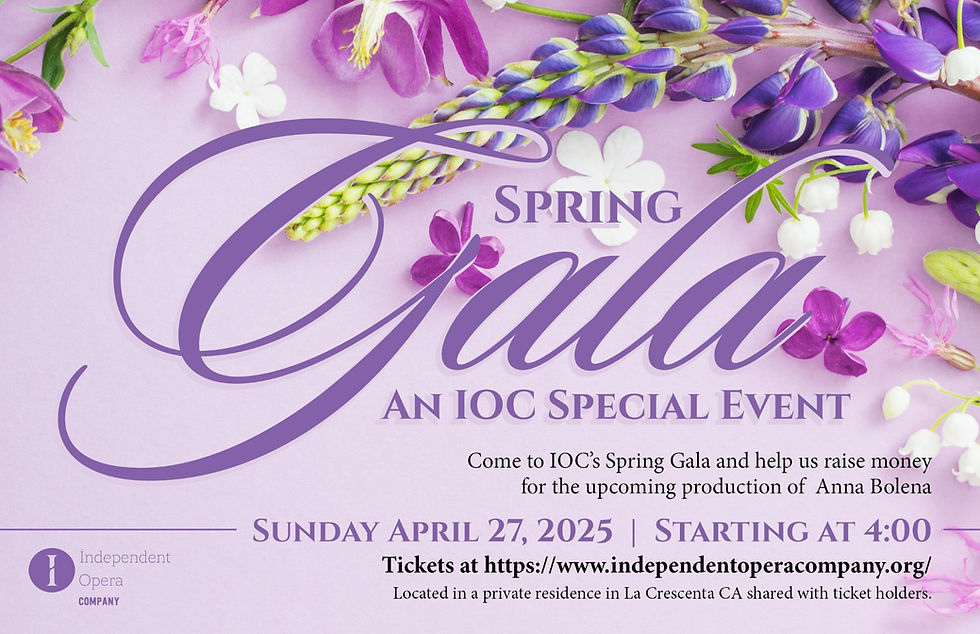About Hulak-Artemovsky, composer of "Cossack Beyond the Danube"
- Galina Barskaya

- Jun 10, 2022
- 2 min read

Semyon Stepanovich Hulak-Artemovsky (born 4 (16) February 1813, Horodyshche - 5 (17) April 1873, Moscow) - Ukrainian composer, singer, baritone (bass baritone), dramatic artist, playwright, nephew of writer PP Hulak-Artemovsky, author of one of the first operas on the Ukrainian-language libretto of the opera "Zaporozhets over the Danube" (Cossack Beyond the Danube").
The fate of Semyon Hulak-Artemovsky was decided by his beautiful voice. In 1838, when Hulak-Artemovsky was studying at the Kyiv Religious Academy, his talent was noticed by Mikhail Glinka, who was looking for a performer for Ruslan's part in the newly written opera "Ruslan and Liudmila" and took him with him to St. Petersburg. There Glinka first gave him singing lessons, and in 1839 he organized several concerts in his favor, and with the funds raised sent to study abroad. After visiting Paris, Hulak-Artemovsky left for Italy, where after two years of study he made his debut in Florence.
opera (1841).
In 1842 Hulak-Artemovsky returned to St. Petersburg, where for 22 years, until 1864 he was a soloist of the Russian Imperial Opera in St. Petersburg, and in 1864-1865 - the Bolshoi Theater in Moscow. Gulak-Artemovsky's wide popularity as a composer was brought by the opera "Zaporozhets on the Danube", dated 1862, which became a Ukrainian musical classic. The opera premiered on April 14, 1863 on the stage of the Mariinsky Theater. Hulak-Artemovsky was not only its first director, but also sang the title role of Ivan Karas. A year later, on October 6, 1864, the opera was performed at the Bolshoi Theater in Moscow.
Tsarist censorship banned the staging of the opera for 20 years after the Emsky Circular, which made it illegal to write, teach and perform in Ukrainian. On June 11, 1884, the opera was again staged by Mark Kropyvnytsky in the troupe of Mykhailo Starytsky with the participation of Maria Zankovetska and Maria Sadovska-Barilotti.
A special place in Hulak-Artemovsky's creative heritage is occupied by Ukrainian songs, in particular "Standing sycamore over the water" (dedicated to Ukrainian famous poet and artist Taras Shevchenko, with whom the Hulak-Artemovsky has been friends since 1838), "I do not want to sleep", "Oh on the mountain and the reapers are reaping" - a rhapsody from a collection of seven songs under the general title "Ukrainian Wedding". Hulak-Artemovsky visited Ukraine in 1843 to select singers and in 1850 when he toured with an Italian opera troupe.
He was interested in folk medicine, statistics, and compiled "Statistical and Geographical Tables of the Cities of the Russian Empire" (1854).



























Comments